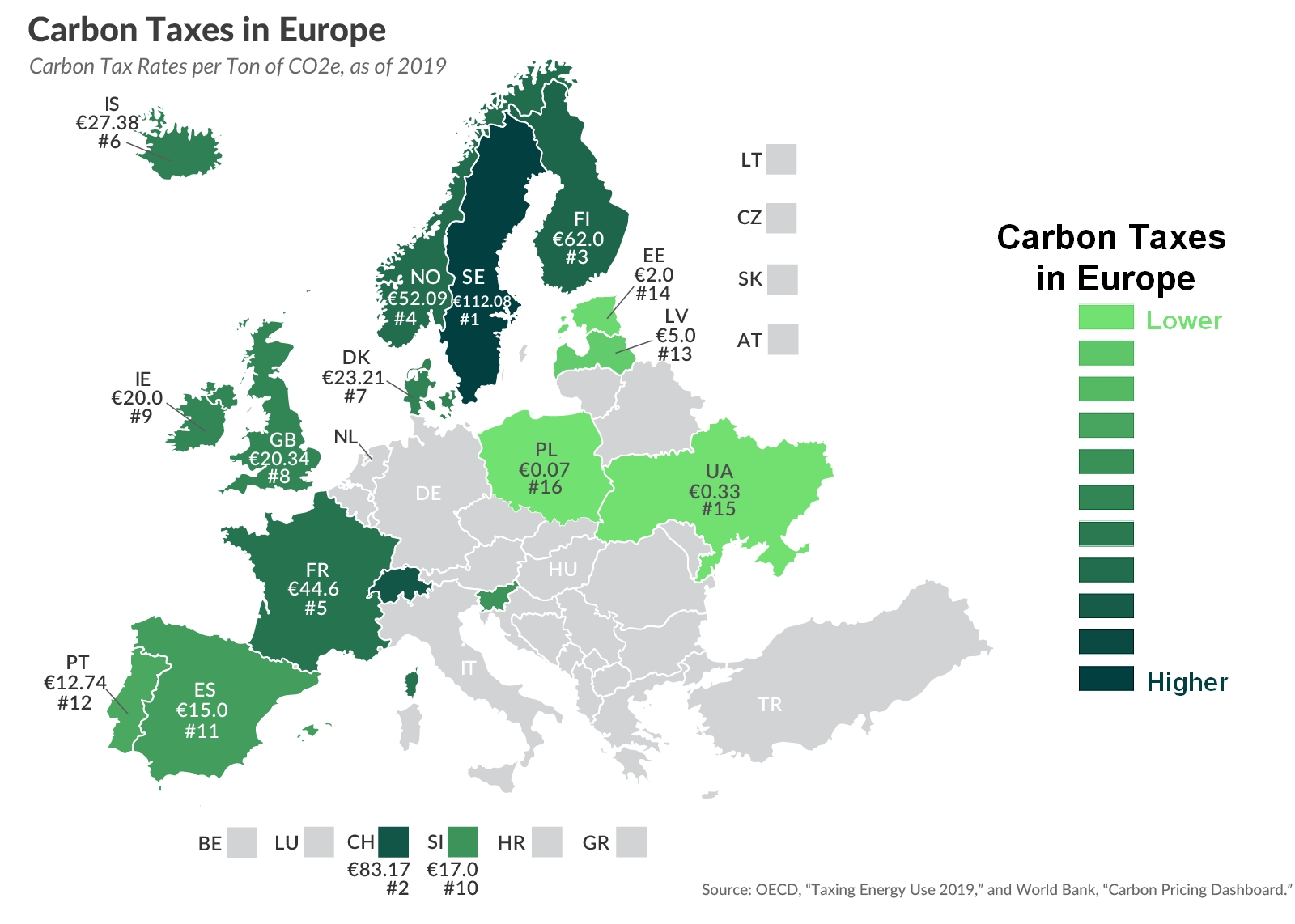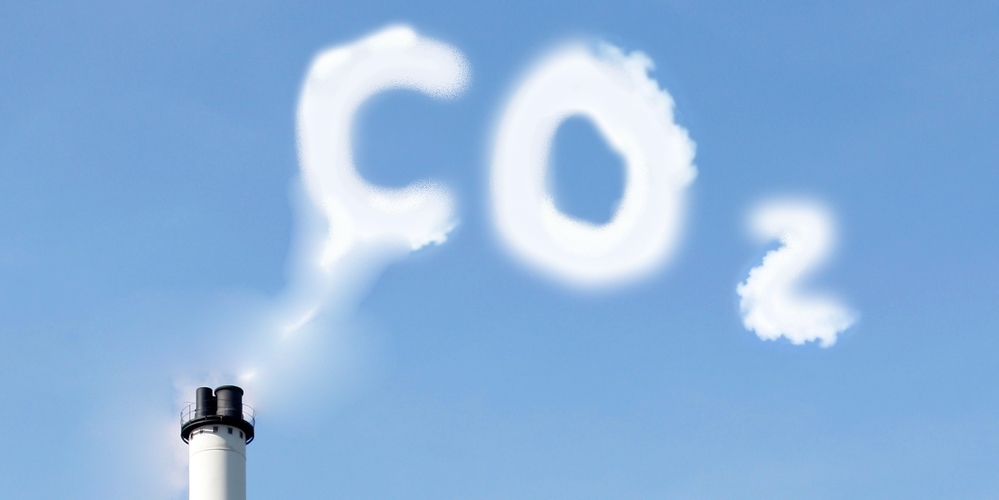Respect for your privacy is our priority
The cookie is a small information file stored in your browser each time you visit our web page.Cookies are useful because they record the history of your activity on our web page. Thus, when you return to the page, it identifies you and configures its content based on your browsing habits, your identity and your preferences.
You may accept cookies or refuse, block or delete cookies, at your convenience. To do this, you can choose from one of the options available on this window or even and if necessary, by configuring your browser.
If you refuse cookies, we can not guarantee the proper functioning of the various features of our web page.
For more information, please read the COOKIES INFORMATION section on our web page.



 Industries whose free credit benchmarks would be cut at the maximum rate include producers of refinery products, coke, iron casting, lime, ammonia, and pulp and paper products. Other sectors would face smaller curbs. Free credits for primary aluminium and hot metal used in steelmaking would be cut by 3% over 2021-2025, the minimum possible reduction rate.
Industries whose free credit benchmarks would be cut at the maximum rate include producers of refinery products, coke, iron casting, lime, ammonia, and pulp and paper products. Other sectors would face smaller curbs. Free credits for primary aluminium and hot metal used in steelmaking would be cut by 3% over 2021-2025, the minimum possible reduction rate.


























